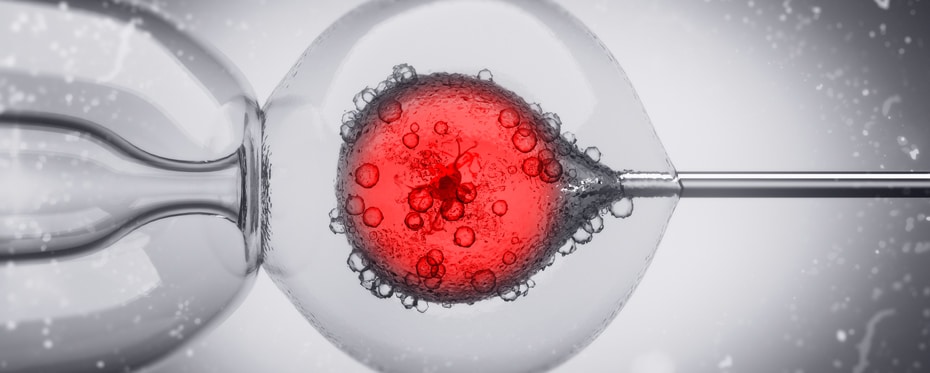Tag: Kindai University
Tomato seed saponins promise to cure dermatitis

Dr Hiroshi Shimoda from Oryza Oil & Fat Chemical Co Ltd and Professor Toshio Morikawa of Kindai University conducted a study on the chemical composition and bioactive properties of tomato seeds. The researchers found steroidal saponins called lycoperosides, previously associated with skin-health promotion, to be the major seed components, more abundant in seeds than in tomato fruits. The researchers further […]
Read More… from Tomato seed saponins promise to cure dermatitis
Rice husk biochar with beneficial microbes: A promising agricultural inoculant and soil ameliorant

The research of Shohei Ebe and Takashi Ano from Kindai University into the relationship between a microbe and rice husk biochar (RHB) suggests the latter is an activator of beneficial microbes that can be used to combat phytopathogenic microorganisms. Having isolated a novel lipopeptide producing Bacillus sp. that benefits from RHB presence in the soil, these are promising insights into […]
Nuclear reprogramming: From one cell type to another

Dr Kei Miyamoto from Kindai University in Japan studies how mature, differentiated cells from one individual can be transferred into egg cells from another and reprogrammed to develop into a clone of the original donor animal. This has implications for animal cloning, such as in endangered species or prized livestock lines. Furthermore, studying reprogramming leads to a better understanding of […]
Read More… from Nuclear reprogramming: From one cell type to another